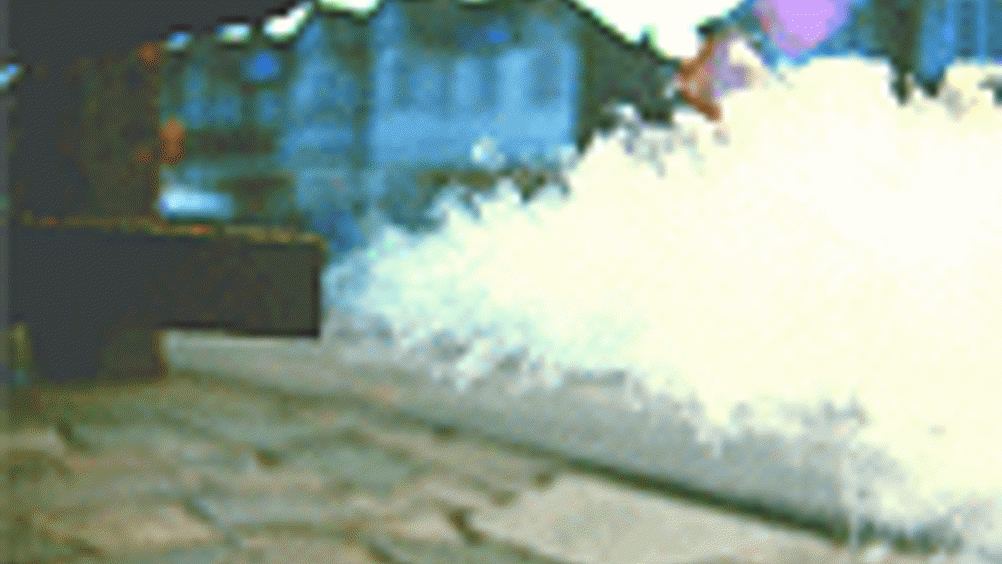Taking charge of diesel fumes

Finnish company Dekati has designed a sensor that is claimed to detect much smaller particulates in diesel exhausts than is currently possible.
Traditional monitors use an optical detection method that essentially measures the darkness of the smoke to gauge particulate levels. However, they fail to spot particles below about 1µm as these are too small to scatter light.
Dekati's AutoTest looks at the charge on the particulates instead. 'We use the corona discharge of the particles,' explained chief executive Juha Tikkanen. 'This allows us to measure the charge of the particulates. It's very simple, and produces a robust monitor that requires no sampling — a probe is simply put into the exhaust stream.
'It is best at measuring particulates below 1µm. It can be used for larger ones, but the signal is weak,' he added.
Demand for the system is expected to be high. Particulate emissions will have to be measured in the
Register now to continue reading
Thanks for visiting The Engineer. You’ve now reached your monthly limit of news stories. Register for free to unlock unlimited access to all of our news coverage, as well as premium content including opinion, in-depth features and special reports.
Benefits of registering
-
In-depth insights and coverage of key emerging trends
-
Unrestricted access to special reports throughout the year
-
Daily technology news delivered straight to your inbox










Water Sector Talent Exodus Could Cripple The Sector
'Capricious changes of priority by the general public'?!? Surely the public would demand both sufficient water supply and sufficient waste...